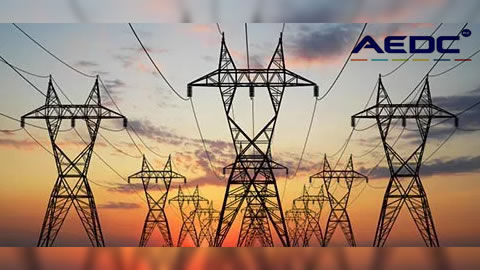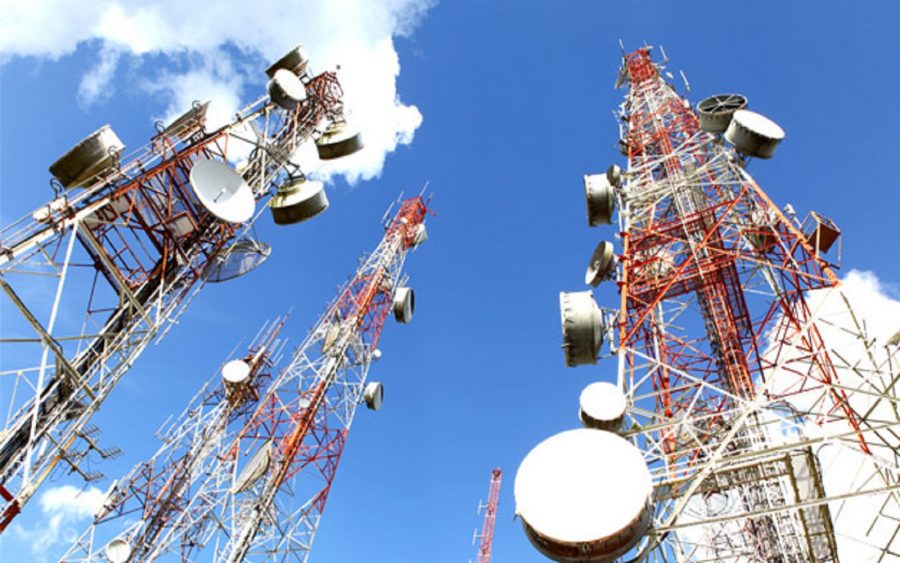The International Monetary Fund (IMF) has urged the Federal Government of Nigeria to phase out fuel and electricity subsidies; Noting that this removal will restore the macroeconomic stability of the Nation. According to the institution in its latest press release titled “IMF Executive Board Concludes Post Financing Assessment with Nigeria,” praised the present Tinubu administration for the initiatives taken to better position the country's economy, which include the elimination of fuel subsidies and the unification of the exchange rate.
"President Tinubu has moved ahead with important structural reforms: removing fuel subsidies and unifying the various official foreign exchange windows. He appointed a Presidential Fiscal Policy and Tax Reforms Committee to make proposals for raising domestic revenue to support investments in infrastructure, health, and education.”
The institution however noted that the government had decided to partially reverse fuel subsidy removal by capping retail prices and also suspended VAT on diesel.
"To ease the impact of rapidly rising inflation on living conditions, the government has released cereals from the grain reserve, provided subsidized fertilizer to farmers, capped retail fuel and electricity prices—thus partially reversing the fuel subsidy removal—implemented a civil service wage award, and suspended the VAT on diesel.
“The government’s focus on revenue mobilization and digitalization would improve public service delivery and safeguard fiscal sustainability. The envisaged reduction in the overall deficit in 2024 would help contain debt vulnerabilities and eliminate the need for CBN financing.”
The IMF then concluded by advising the federal government that electricity and fuel subsidies be phased out completely.
“Temporary and targeted support to the most vulnerable in the form of social transfers is needed, given the ongoing cost-of-living crisis. Fuel and electricity subsidies are costly, do not reach those that most need government support, and should be phased out completely.”



















